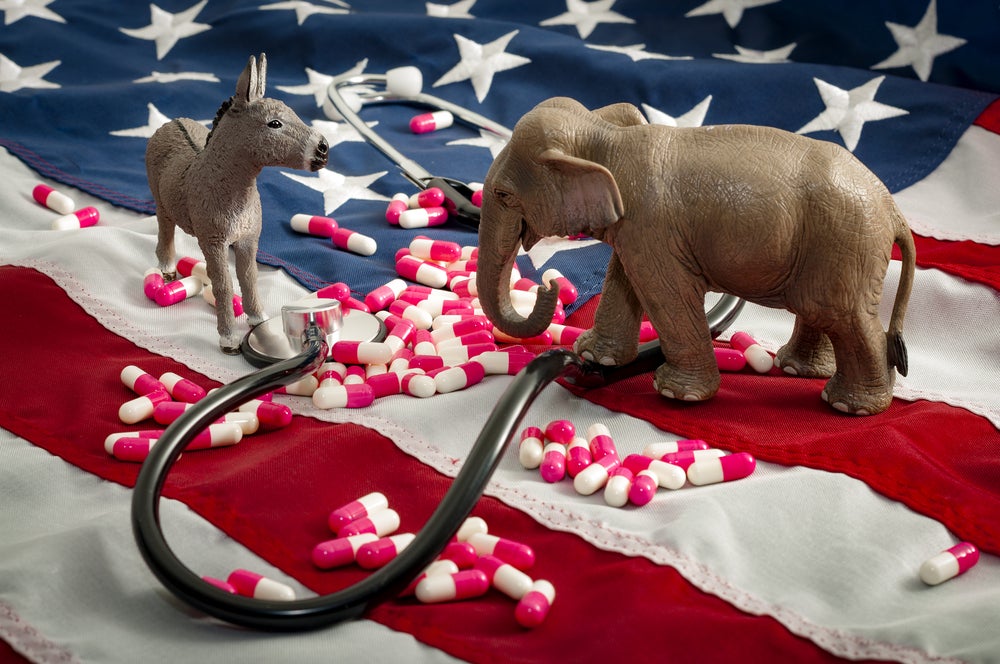US President Donald Trump has issued an executive order aimed at easing regulatory challenges for domestic pharmaceutical producers while imposing stricter conditions on foreign manufacturers. The executive order, signed on 5 May 2025, instructs the US Food and Drug Administration (FDA) to expedite the approval process for domestic pharmaceutical manufacturing facilities. Despite these efforts, skepticism remains within the pharmaceutical industry regarding the potential impact of the executive order.
The order also mandates the FDA to increase fees and inspections for foreign manufacturing plants. However, it lacks specific details and objectives, leaving it unclear whether the directive applies to all FDA inspections or is limited to new facilities, production lines or products. It will be up to federal agencies to develop specific regulations.
To support domestic manufacturers, Trump has called on the FDA to eliminate “duplicative and unnecessary requirements,” streamline the review process and provide early assistance before facilities become operational.
FDA commissioner Dr Marty Makary has expressed his support for the executive order and is ready to implement its directives. During the signing ceremony at the White House, he criticised the current inspection system, noting that US pharmaceutical manufacturers face rigorous inspections while foreign sites often receive leniency with scheduled visits. He stated that the FDA plans to shift from announced inspections to surprise visits for overseas drug manufacturing facilities.
Recent job losses at the FDA have impacted the Office of Inspections and Investigations. Although inspectors themselves were not laid off, the reduction in administrative staff has raised alarms about potential delays and disruptions in the inspection process.
Makary indicates that the FDA plans to shorten the duration of future inspections. “We’re also not going to have our inspectors hanging out for three to four weeks,” he stated. “We’re going to streamline the process, allowing us to conduct more inspections with the same resources.”

US Tariffs are shifting - will you react or anticipate?
Don’t let policy changes catch you off guard. Stay proactive with real-time data and expert analysis.
By GlobalDataDanish pharma manufacturer Novo Nordisk’s chief financial officer, Karsten Munk Knudsen, expressed doubts on 7 May about whether the executive order would significantly alter timelines for pharmaceutical plant approvals. In an interview, he noted that it typically takes years for a pharmaceutical company to construct a factory that complies with the stringent quality protocols set and enforced by the FDA.
Due to the looming threat of tariffs on pharmaceuticals in the next couple of weeks, companies such as Novartis (based in Cambridge in the US state of Massachusetts), AstraZeneca (based in Cambridge, United Kingdom), Eli Lilly (based in Indianapolis, Indiana), and Roche (based in Basel, Switzerland) have announced investments to expand their US manufacturing efforts. In June 2024, Novo Nordisk announced a $4.1 billion investment in US manufacturing.
According to GlobalData’s contract service provider database, the company has a total of 22 contract manufacturing facilities, six of which are in the US and most of the others in Europe. These expansions signify a strong trend among pharmaceutical companies to invest heavily in US manufacturing capabilities, seemingly driven by geopolitical considerations. Optimistically, these investments could increase production efficiency, create jobs and enhance local economies.




